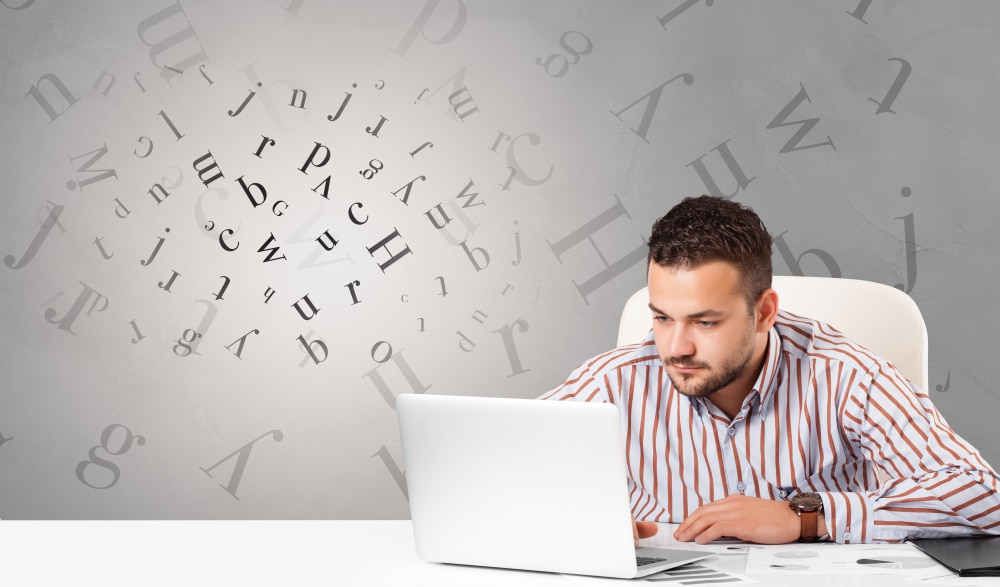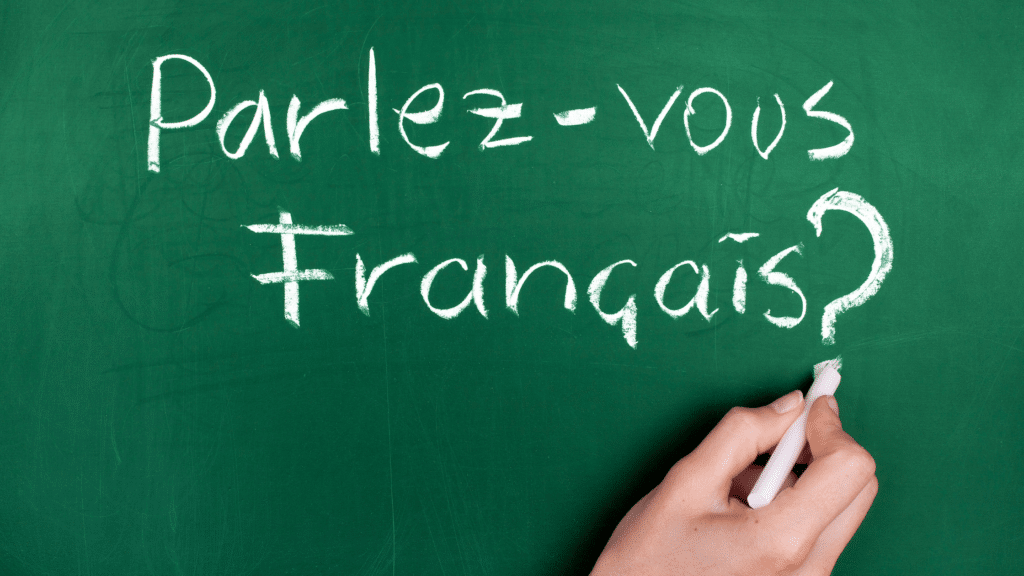
Basic French Phrases to Know Before Visiting France
This is it! It is finally here! Your trip to France that you have always dreamed of is finally about to become a reality. Although you have always dreamed of going, you never thought it would actually happen. Therefore, you are looking for a crash course in basic French phrases to know before visiting France. Well, you are in luck, because CORE languages has just the very thing for you! A whole level A1 French course FOR FREE! You should probably start with the greetings though, since you should be greeting shop owners as you enter their souvenir stores.

Cultural Context
You can know all the French phrases in the world, but if you do not know basic cultural norms of France, speaking the language will mean nothing. For example, bonjour is used at all times of the day. It also takes the place of saying “Good morning.” You should always use bonjour to greet shop owners or front-of-house employee as soon as you walk into any store or restaurant in France. Salut is a more informal way to say bonjour and au-revoir. It should only be used with friends or in very informal contexts.
The next cultural bit is la bise or cheek kiss. The good news for you as the shy foreigner who knows not a single soul in all of France, you will not be required to participate in this cultural greeting. La bise is typically done between friends and family where they give an air kiss on both sides of the person’s cheek upon a verbal greeting. Thankfully for you, more formal settings (i.e. between business partners or between strangers) require handshakes with your verbal formal greeting.

Les salutations – Greetings
Greetings in France are very important in French culture. Below you will find a list of common French greetings that are used in a variety of social settings. As you study each expression, you should try to connect it to an English word that will help you remember the meaning of the French word. For example, salut means hi, so you could connect salut to salute which is the way soldiers “say hi” to their superiors. The connection can be silly and far-fetched, but it needs to make sense to you so that you can remember the French word and its meaning.
|
French Expression |
Translation |
|
Bonjour! |
Good morning/Hello! |
|
Salut! |
Hi/Bye! |
|
Allô? |
Hello? |
|
Au-revoir! |
Goodbye! |
|
À bientôt! |
See you soon! |
|
À la prochaine! |
See you next time! |
|
À demain! |
See you tomorrow! |
|
Bon après-midi! |
Have a good afternoon! |
|
Bon week-end! |
Have a good weekend! |
|
Bonne semaine! |
Have a good week! |

Introductory Questions
Below you will find a list of the most common introductory questions to use in various social contexts. The social contexts are formal (and/or asking a group of people) and informal/casual.
|
French Expression |
Translation |
|
Comment allez-vous? Formal and/or asking a group of people |
How are you? |
|
Comment ça va/Ça va? Informal/casual |
How are you? |
|
Ça va bien/mal formal or informal |
I’m doing well/unwell |
|
Comment t’appelles-tu? Informal/casual |
What’s your name? |
|
Comment vous appelez-vous? Formal and/or plural |
What’s your name? |
|
Je m’appelle Formal or Informal |
My name is |
|
Enchanté Formal or informal |
It’s nice to meet you |

Other Key Expressions
|
French Expression |
Translation |
|
Oui |
Yes |
|
Non |
No |
|
Merci |
Thank you |
|
De rien |
You’re welcome |
The best way to solidify new language vocabulary is through practice. Access our website for free videos, writing activities, and additional links to do some more practice. If you would like a teacher for your crash course before your trip to France, check out our online classes.






Responses